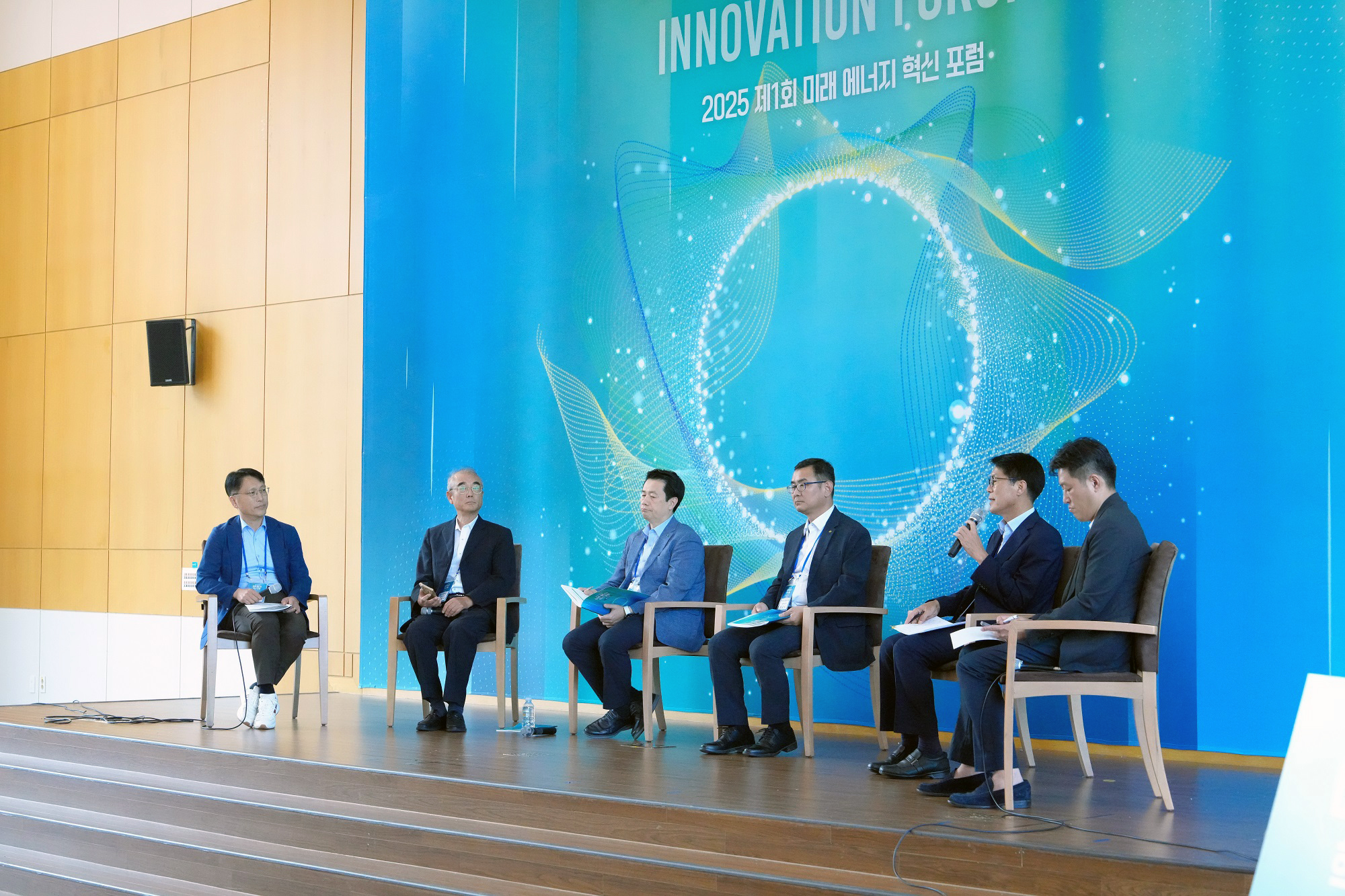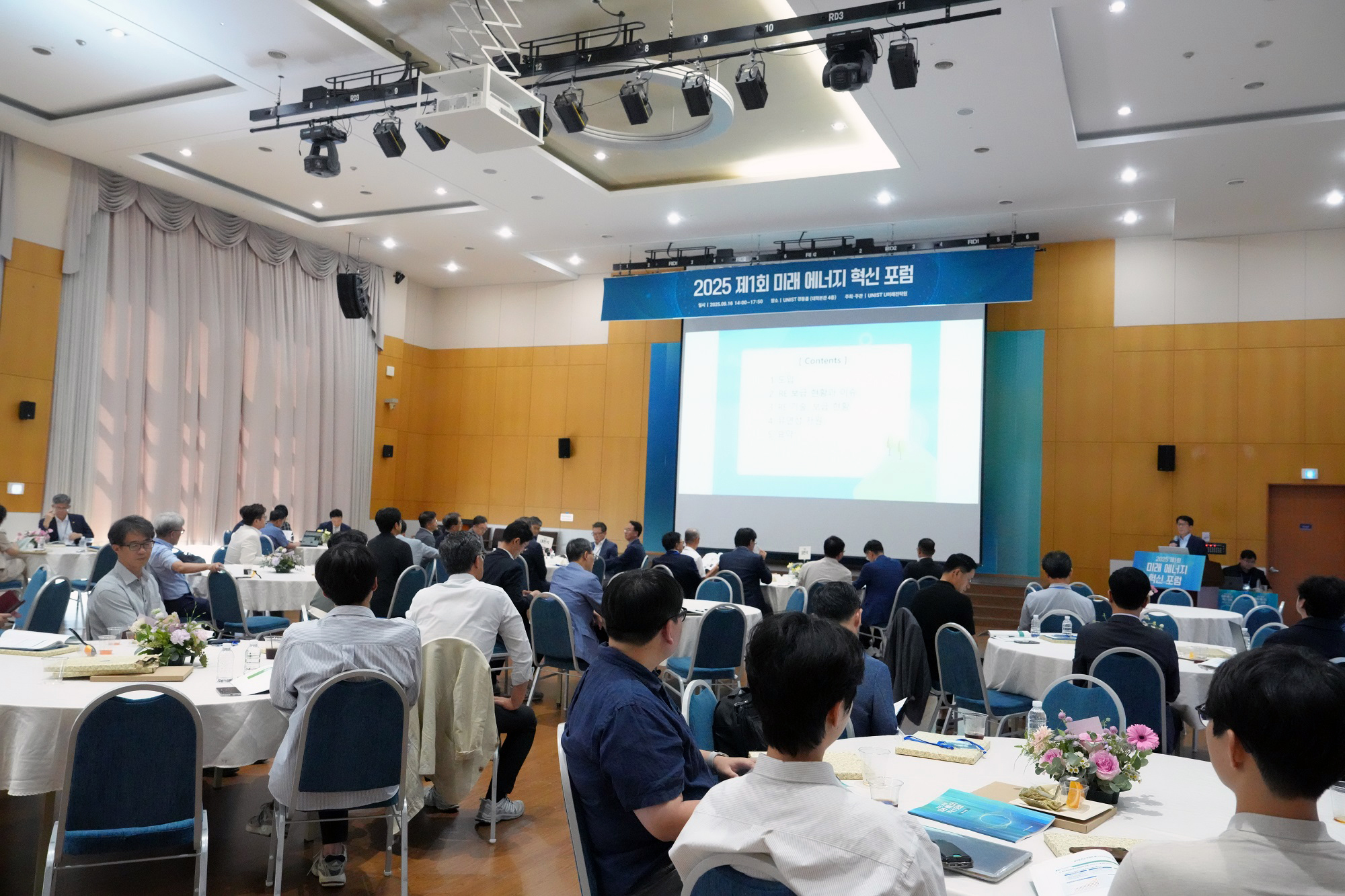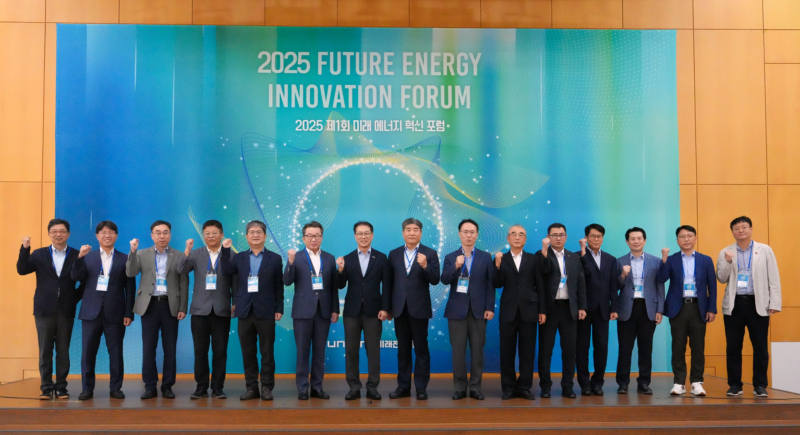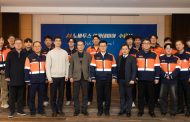As the global climate crisis accelerates, the urgency of transitioning to secure and sustainable energy sources has never been greater. In response, the U Institute for Future Strategy at UNIST organized the inaugural ‘2025 Future Energy Innovation Forum‘ at the Main Administration of UNIST on September 16, 2025. This landmark event brought together leaders from industry, academia, and government to explore innovative strategies for a resilient energy future.
Participants included representatives from Ulsan Metropolitan City, the Korea Energy Economics Institute, Korea Energy Agency, Korea Hydro & Nuclear Power, Hyundai Heavy Industries, and the University of Ulsan (U of U), among others. The forum focused on addressing the challenges and opportunities presented by the ongoing global energy transition, fostering collaboration to shape regional and national energy policies.
Energy experts highlighted key issues to be tackled in the push toward renewable energy expansion. Director KangWon Kim from the New & Renewable Energy Policy Division of Korea Energy Agency pointed out that grid capacity remains a critical obstacle—particularly in the Honam region, where new power plants are hampered by overwhelmed transmission lines and local opposition to new infrastructure. He also emphasized the slow pace of battery storage deployment and rising electricity costs as pressing concerns.
International Energy Agency (IEA) data was cited to illustrate the economic implications of renewable energy. Director Kim from Korea Energy Agency also noted that the current cost of solar and offshore wind power in Korea—$96.60 and $161 per MWh respectively—exceeds that of nuclear ($53.30) and coal ($75.60), raising concerns about potential electricity rate hikes as renewable capacity increases.

Leaders from industry, academia, and government are discussing the challenges and opportunities of sustainable development in the era of energy transition during a panel discussion (On the far left is ProfessorHankwon Lim from the UNIST Graduate School of Carbon Neutrality).
Lim Hankwon, Director of the Carbon Neutrality Demonstration and Research Center, identified public acceptance as a third significant challenge. He referenced Ireland’s experience, where the growth of AI data centers has led to higher electricity prices and community conflicts, underscoring the importance of ensuring that renewable expansion benefits local communities.
Policy discussions also covered incentives such as solar and wind subsidies, RE100 industrial park development, and other measures to enhance local acceptance. RE100, a global initiative urging companies to source 100% renewable energy, was highlighted as a key driver for sustainable corporate practices.

The forum’s program included presentations on a wide range of topics: global and domestic renewable energy trends, advances in energy storage technologies, the future role of nuclear power in an AI-driven era, and the importance of a balanced energy mix.
Professor Jun-Bom Kim of U of U emphasized that diversifying energy sources is essential to mitigate risks—particularly in light of recent geopolitical events such as the Ukraine conflict, which has impacted gas prices.
This event marked a significant milestone for the U Institute for Future Strategy, positioning it as a regional hub for energy innovation and policy development. As a think tank launched in May 2025, the institute aims to address pressing issues including industrial transformation, demographic shifts, and climate change—playing a vital role in crafting sustainable regional development strategies.










![[2026 Matriculation] UNIST Welcomes Class of 2030!](https://news.unist.ac.kr/wp-content/uploads/2026/02/사진-박종래-UNIST-총장이-2026년-입학식사를-전하고-있다-2-190x122.jpg)
![[2026 UNIST Commencement] UNIST Confers Degrees to 883 Graduates](https://news.unist.ac.kr/wp-content/uploads/2026/02/사진-2026학년도-UNIST-졸업생들이-학사모를-위로-던지며-졸업을-축하하고-있다-1-800x413-190x122.jpg)



